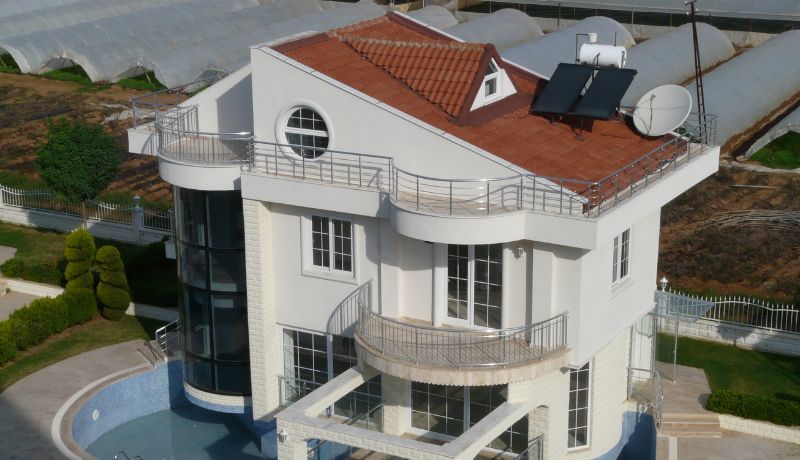One of the most crucial things for real estate investors is to preserve their assets. They are simply preserving their investments by safeguarding their rental property. The inclusion of a list of house rules and regulations for tenants in your lease or rental agreement is one of the finest ways to do this. The tenancy agreement rules and regulations should specify each home rule, and each one should have a specific reason for the rental.
Top Tenancy Agreement Rules and Regulations
On-Time Rent Payment
One of the most crucial principles is to pay rent on time, regardless of the type of property—residential, multifamily, commercial, or anything else.
Landlords and property managers in the rental sector need to collect rent to continue working.
Paying rent is often at the top of a property’s list of requirements precisely because of this. The landlord should include the date that the rent is due and the preferred method of payment in the actual rule. This would be the spot to mention any third-party software that is employed.
Late Fees/Grace Periods
There should be rules about grace periods and late fees immediately following the rule about paying rent, or in the same section. Tenants should be granted reasonable accommodation, as was previously indicated in the post, but should also face consequences for breaching the contract.
Typically, landlords provide their tenants a little window of time after the rent due date during which they may pay the rent without incurring late fees. Many landlords will then add a late fee to the rent after that. The guidelines should specify this specific sum as well as how long the grace period will last.
Upkeep of the Property
Some guidelines for property upkeep should come next on the list of rules for renting a house. It should be clear from this regulation what maintenance the tenant is expected to perform on the property and how to make requests for work that the tenant is not expected to perform.
What constitutes an emergency maintenance request should also be covered by this guideline.
However, the landlord should clarify where to submit maintenance requests for those that are not emergencies.
Deductions from Security Deposits
For tenants, the security deposit is crucial. For this reason, it is advised to specify in the guidelines what will be subtracted from security deposits.
You are providing the tenant with instructions on how to keep the whole deposit by including this information. In the event that deductions are necessary at the end of the tenancy, it also shields the landlord from any legal disputes.
Renter’s Insurance
Tenants are not legally compelled to have renter’s insurance. However, a lot of landlords decide to make it a condition of their rental units.
The reason for this is that renter’s insurance offers both the landlord and the tenant a number of protections.
Essential Services
You have the right to request necessary services, such as power and water supply, as a tenant. These necessities must be provided by the landlord. Even if the tenant has not made the required rent payment, the landlord cannot remove these facilities.
No Entry Without Permission
Even if the home is the owner’s, after the tenants have moved in, the owner is not permitted to enter the property without giving prior notice. A homeowner is required to give notice 24 hours in advance of any visit, regardless of the cause.
The owner is required to notify the family or the bachelor’s living whether it is only a check or a visit for maintenance needs. Additionally, visitor hours are typically between 7 am and 8 pm.
Uninhabitable Conditions
A house will be deemed “uninhabitable” if the maintenance costs are greater than 50% of the rent. Tenants have the right to leave the property with a 15-day written notice. Help might be requested from the local Rent Authority if necessary.
Read Also: How to Buy Property in the USA as a Foreigner?
Final Thoughts
Understanding your obligations and rights is crucial. Along with being aware of your rights as a tenant or landlord, you must also purchase property insurance. You can protect your home and/or structure from practically all forms of unforeseen damages by following the right kind of property house rules for tenants renting a room.


